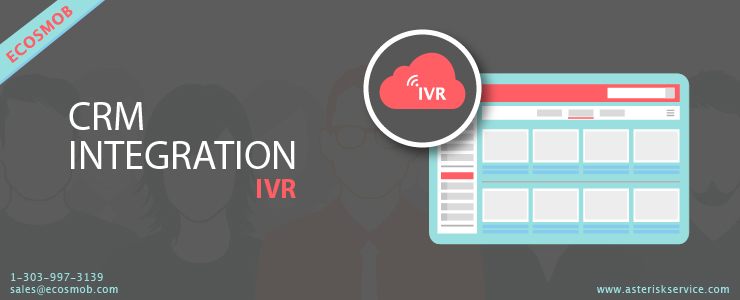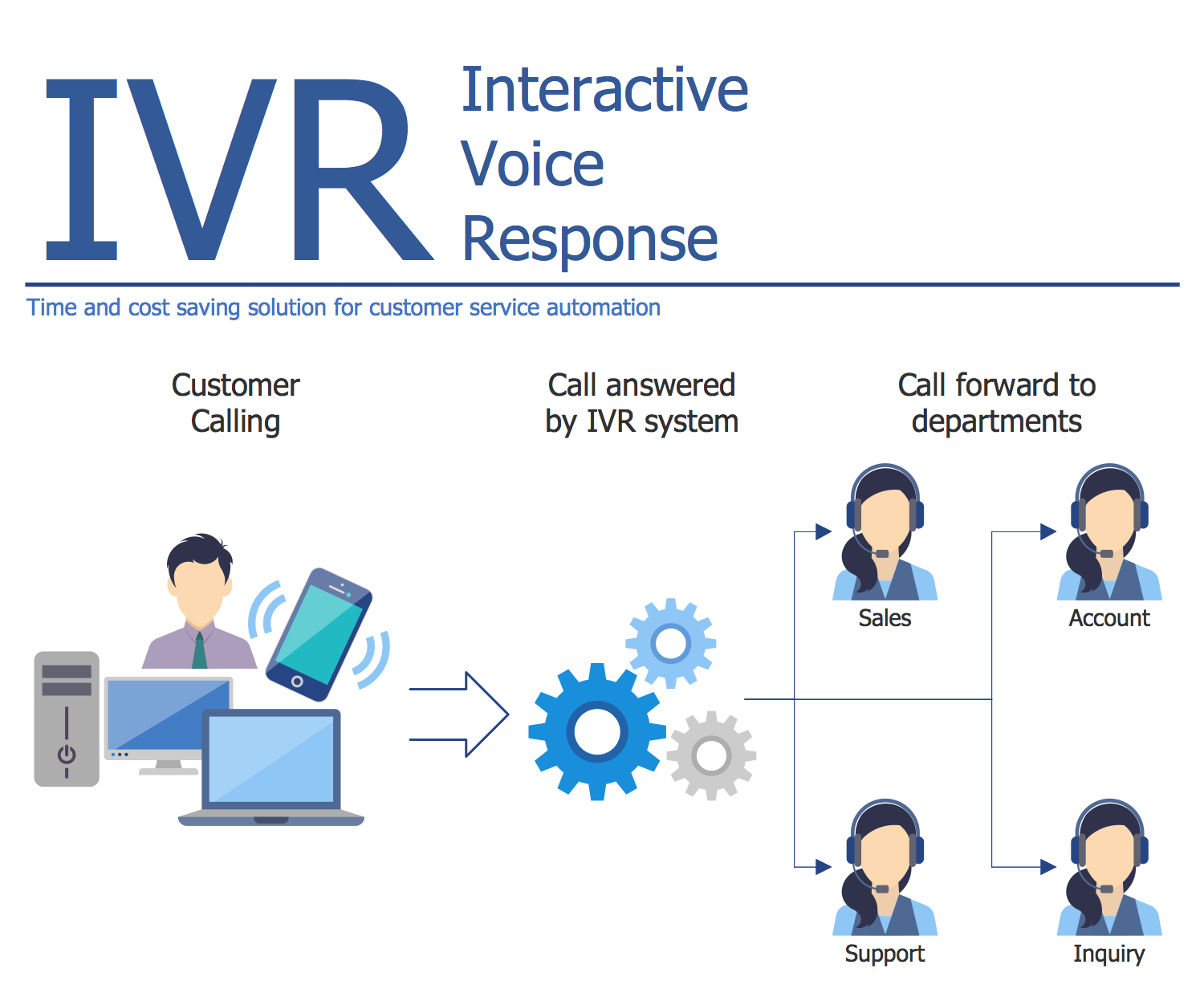IVR integration with CRM is a powerful combination that revolutionizes customer service and streamlines business processes. By seamlessly connecting Interactive Voice Response (IVR) systems with Customer Relationship Management (CRM) platforms, organizations can elevate the customer experience, increase efficiency, and gain valuable insights.
Integrating IVR with CRM offers numerous benefits, including automated call handling, personalized customer interactions, enhanced data management, and improved agent productivity. This integration empowers businesses to provide 24/7 customer support, resolve queries quickly and effectively, and make informed decisions based on real-time data.
Technical Considerations

Integrating IVR with CRM requires careful planning and execution. The following steps provide a general guide to the integration process:
Step 1: Determine Integration GoalsClearly define the objectives of the integration, such as improving customer service, automating processes, or gaining insights.
Step 2: Choose an IVR SystemSelect an IVR system compatible with your CRM and meets your business requirements. Consider factors such as scalability, flexibility, and cost.
Step 3: Configure the IVR SystemConfigure the IVR system to route calls to the appropriate CRM agents or departments. Define call flows, prompts, and menus to guide callers.
Step 4: Integrate with CRMConnect the IVR system to your CRM using APIs or connectors. This allows the IVR system to access and update CRM data, such as customer information and call history.
Step 5: Test and DeployThoroughly test the integration to ensure it functions as expected. Deploy the integrated solution to your production environment and monitor its performance.
Types of IVR Systems, Ivr integration with crm
There are several types of IVR systems available, each with its advantages and disadvantages:
- Cloud-based IVR:Hosted in the cloud, offering scalability and flexibility.
- On-premise IVR:Installed on-site, providing more control but requiring more maintenance.
- Hybrid IVR:A combination of cloud-based and on-premise systems, offering flexibility and control.
The choice of IVR system depends on factors such as business size, call volume, and IT resources.
Use Cases

Integrating IVR with CRM has proven highly beneficial in various real-world scenarios. It has not only enhanced customer service but also streamlined operations, resulting in greater efficiency and cost savings.
One notable example is a leading healthcare provider that implemented an IVR system integrated with its CRM. This integration allowed patients to access their medical records, schedule appointments, and receive updates on their treatment plans through automated voice interactions. The system reduced call wait times significantly, freeing up call center agents to handle more complex inquiries.
Moreover, the automated system provided patients with 24/7 access to information, enhancing their overall experience.
Improved Customer Service
- Reduced call wait times and improved first-call resolution rates.
- Enhanced customer self-service capabilities, empowering customers to resolve issues without agent assistance.
- Provided personalized experiences by accessing customer data from the CRM during IVR interactions.
- Increased customer satisfaction and loyalty through improved accessibility and responsiveness.
Increased Efficiency
- Automated routine tasks, such as account inquiries and appointment scheduling, freeing up agents for more complex tasks.
- Reduced call volumes and improved call center staffing efficiency.
- Streamlined customer interactions by providing a consistent experience across multiple channels.
- Enhanced data accuracy and reduced errors by automating data entry and updates.
Future Trends: Ivr Integration With Crm
IVR integration with CRM is poised to witness significant advancements driven by emerging technologies such as artificial intelligence (AI) and machine learning (ML). These advancements promise to enhance the capabilities of IVR systems, leading to improved customer experiences and increased efficiency for businesses.
AI and ML in IVR
AI and ML are transforming IVR systems by enabling them to understand natural language, learn from interactions, and provide personalized responses. This results in more intuitive and conversational interactions for customers, reducing frustration and improving satisfaction.
- Natural Language Processing (NLP):NLP enables IVR systems to comprehend and respond to human speech in a natural and conversational manner, enhancing the user experience.
- Machine Learning (ML):ML algorithms empower IVR systems to analyze customer interactions, identify patterns, and make informed decisions, leading to improved routing and resolution of customer inquiries.
- Predictive Analytics:Predictive analytics leverage ML models to forecast customer behavior and anticipate their needs, enabling businesses to proactively offer personalized assistance and tailored solutions.
Wrap-Up

In conclusion, IVR integration with CRM is a game-changer for businesses seeking to enhance customer satisfaction, optimize operations, and gain a competitive edge. By embracing this integration, organizations can transform their customer interactions, improve efficiency, and unlock the full potential of their CRM systems.
